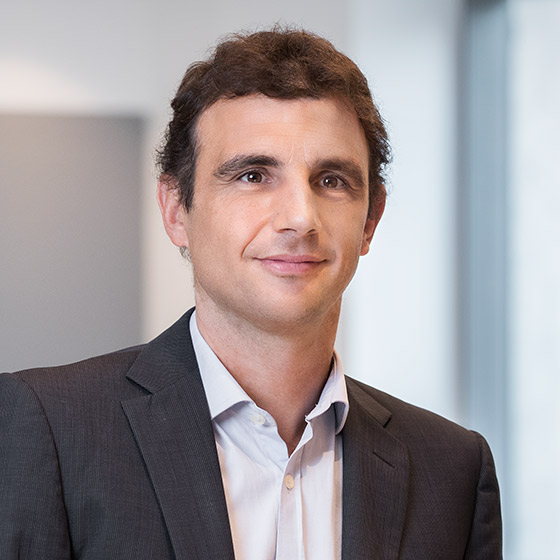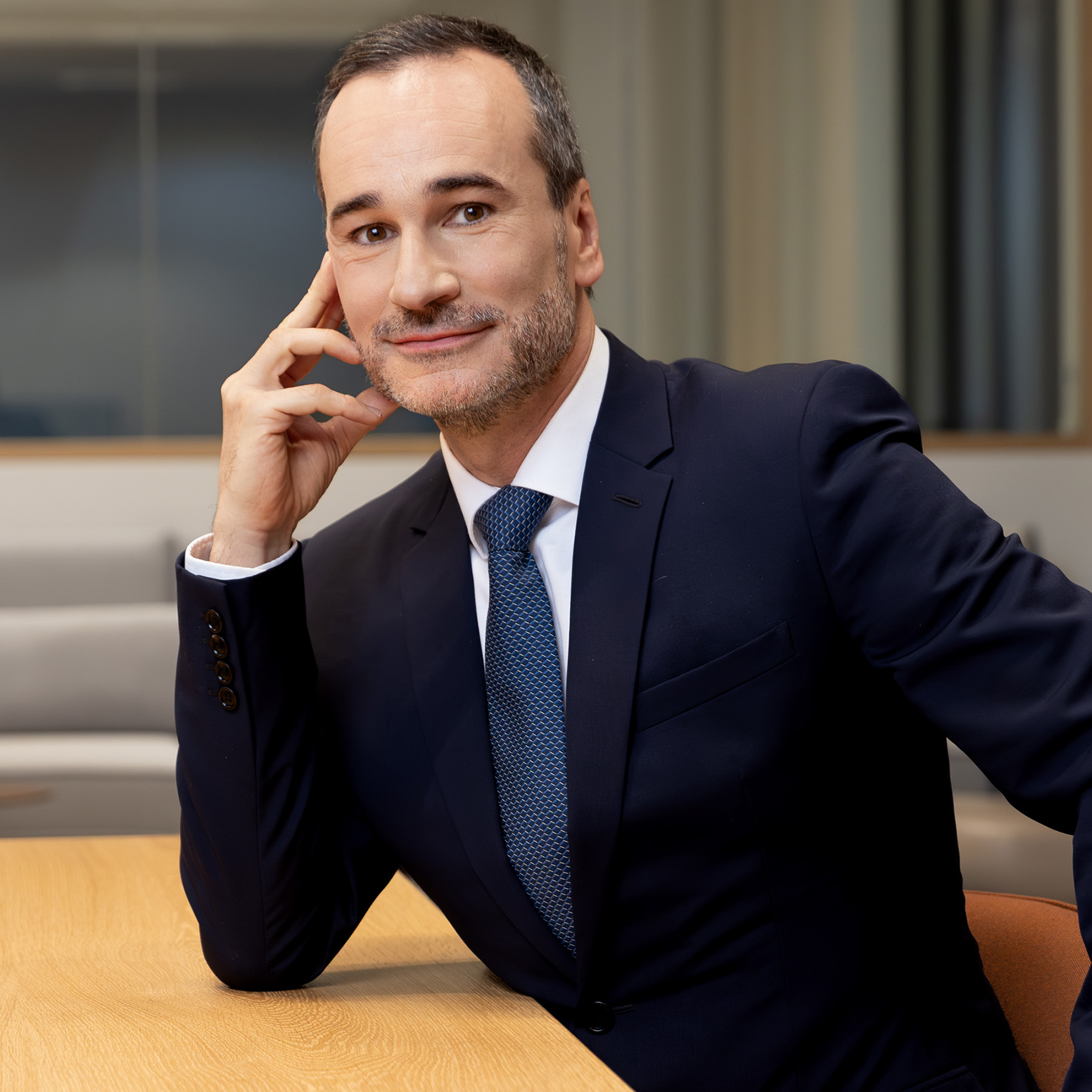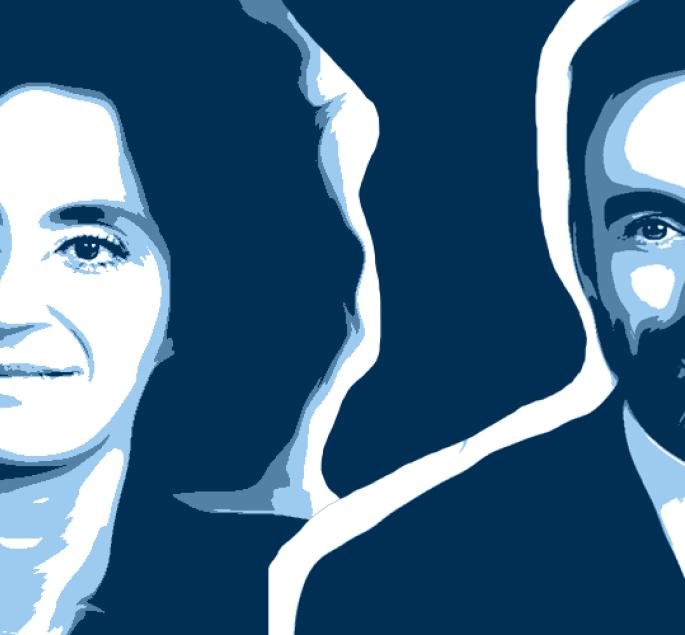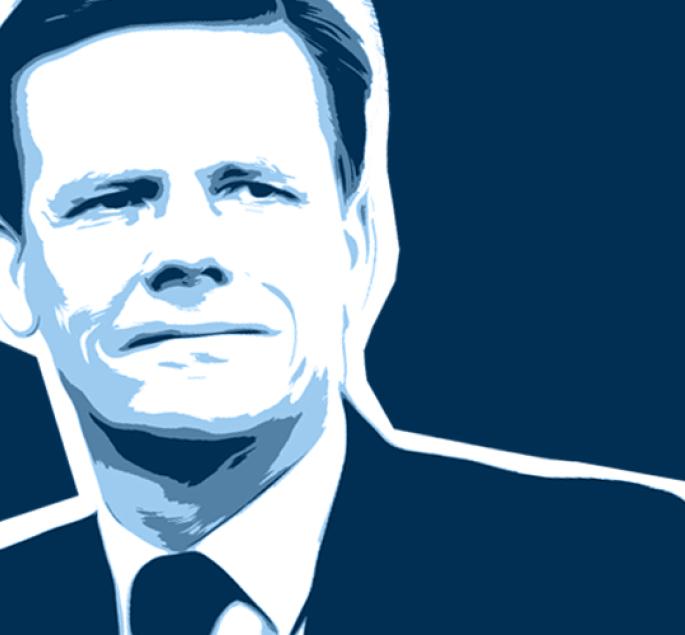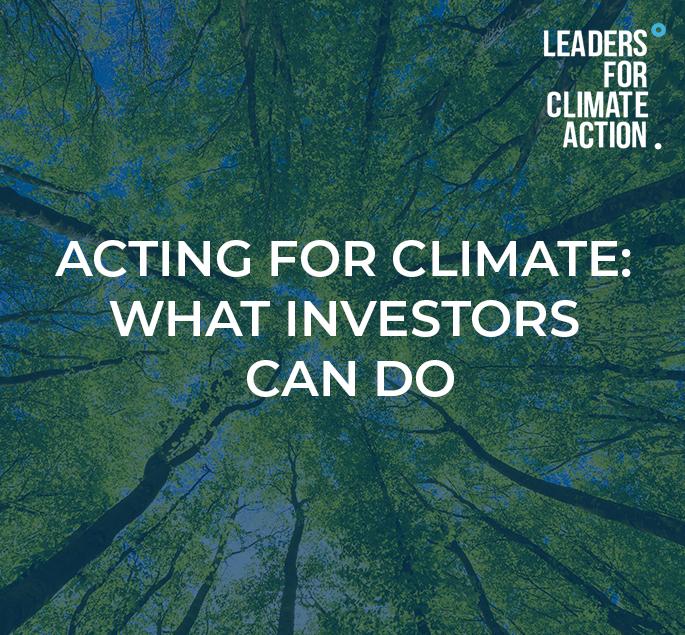
Numerous macro-economic and geo-political factors are prompting growing concerns among politicians, corporations and consumers about economic sovereignty. Nicolas Debock, Wilfried Piskula, and Arnaud Vincent examine how private equity investors need to take account of the trends and help their portfolio companies address the challenges faced and, in some cases, identify the opportunities.
Economic sovereignty concerns on the rise
As countries around the world push for greater economic self-reliance, private equity investors are identifying new challenges and opportunities for their portfolio companies. The recent confluence of pandemic, war, climate change, and geopolitical tensions has resulted in widespread supply chain disruptions, product shortages and inflation, hurting everyone in the process.
But the ensuing debate about reducing our reliance on distant and sometimes unstable or less-than-reliable partners has also pushed politicians, business leaders and investors to question the limits of globalization and revisit the need for countries to protect their sovereign interests.
For private equity investors, understanding what is driving these concerns can help them play an effective role in supporting their companies, positioning them to address, and in some cases even benefit from, the trends.
Today, questions about the resilience of supply chains, diversified sourcing of raw materials, the concentration of production in just one location, proximity to local markets, and worries about data protection, for example, have all become much more important in the investment process than ever before.
Virtually every sector of the economy is affected by these concerns. Certainly, healthcare and energy already feature prominently on politicians’ radars as the most immediately vulnerable, because of the double-whammy of the Covid pandemic and the Russian invasion of Ukraine. But in fact barely any company – even in the services sector - can escape the ramifications of the trend impacting not just physical production and trade, but also data and even, in some countries, recruitment of talent at every level of the hierarchy.
To be sure, calls for sovereignty do not mean the end of globalization. Companies will continue to import and export. Governments will continue to seek foreign investment to support their national and local economies.
But as the pendulum swings back from the relentless quest for lower costs and greater efficiency, wherever they may be found, towards a greater emphasis on resilience and sustainability, investors need to keep a sharp eye on the implications sector by sector.
The bright news for investors - in what can sometimes be seen as a delicate and even contentious act of protectionism - is that the current trend can present some opportunities for nimble companies.
Data and healthcare concerns sparked the debate
Concerns over data sovereignty is a case in point. The EU’s early concerns over protecting its citizens’ privacy, for example, led to the innovative European GDPR regime, which imposed tight restrictions on how data could be used and transferred. Today, as those concerns spread to other countries, GDPR is increasingly seen around the world as a model for future data governance. This in turn has encouraged some foreign companies to actually built up their European operations, using the region as a “sandbox” to adapt to similar restrictions as they arise elsewhere.
The question of sovereignty concerns in healthcare was certainly exacerbated by the Covid crisis, but here too, the concerns are not entirely new. Even before the pandemic struck, European governments were anxious about the growing number of drug shortages, or stock-outs, almost always the result of fragility in the global healthcare chain. Today post-Covid, there is a widely accepted need across the board for more reshoring in the sector. So, as European governments seek to encourage that trend, a measure of public money is now being allocated to invest in the sector, sometimes alongside private funds with a policy goal of inciting SMEs in the healthcare space to relocate their R&D, drugs production and services closer to their home markets.
It isn’t just the politicians’ desire to see national sovereignty bolstered, or business leaders looking to render their operations more resilient, that are driving the current move towards bringing operations back home.
There is also a strong ESG argument against too great a dependency on far-flung supply chains and in favor of more onshoring, reshoring or even “friendshoring”. These considerations tend to get a warm welcome from consumers, who generally appreciate the knowledge that the goods and services they buy are sourced closer to home. Institutional investors in Europe are now more sensitive to the question, thanks to the EU’s Sustainable Finance Disclosure Regulation (SFDR) providing the means to assess the ESG impacts of an investment fund.
